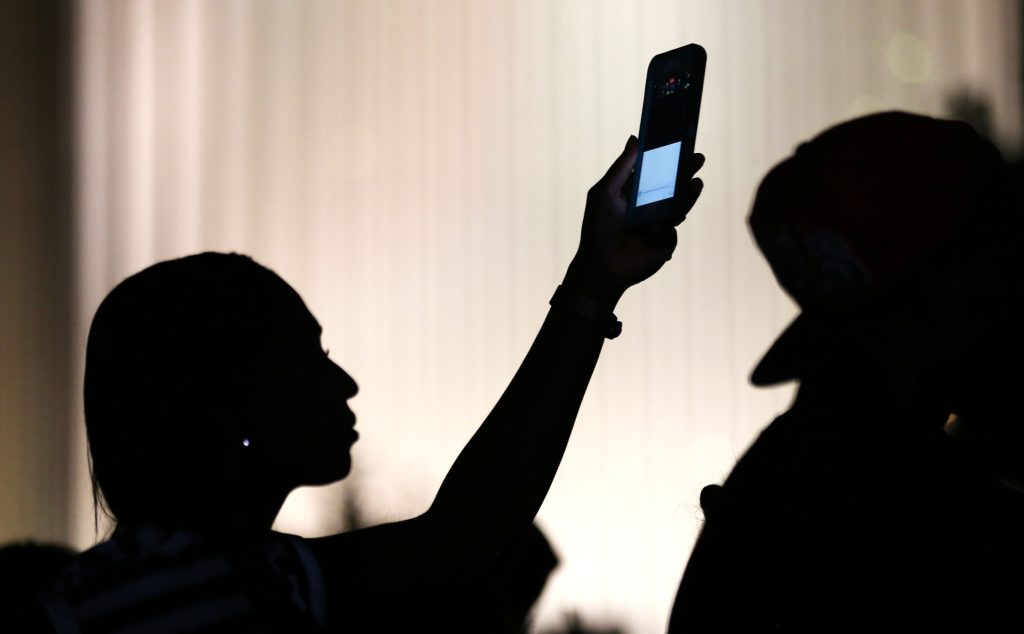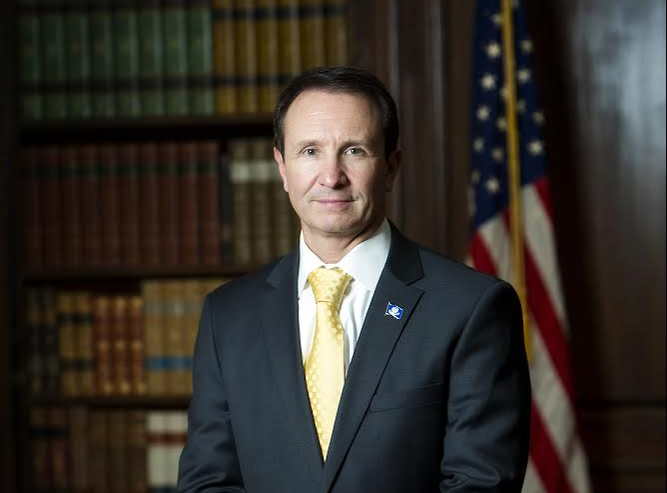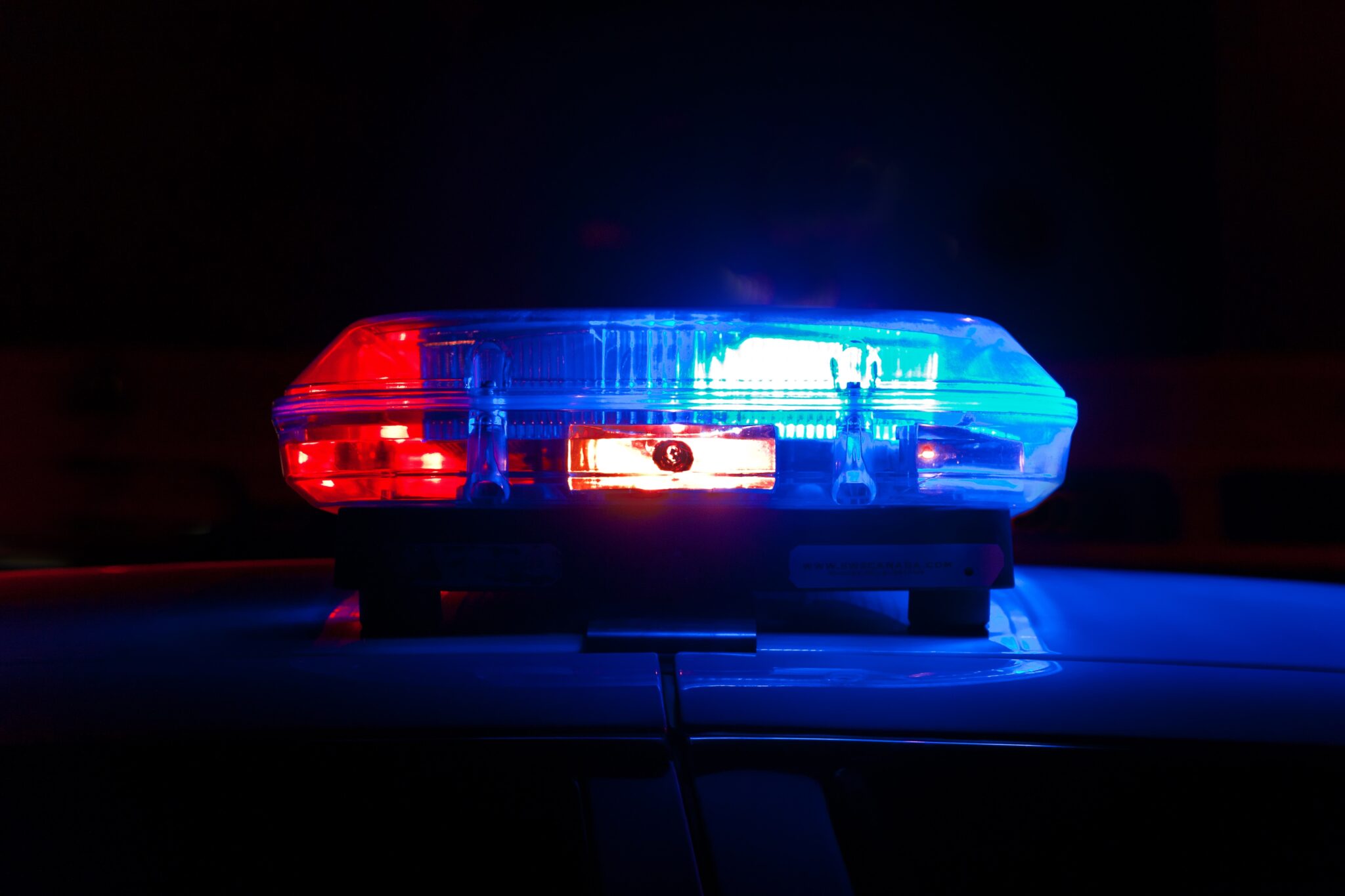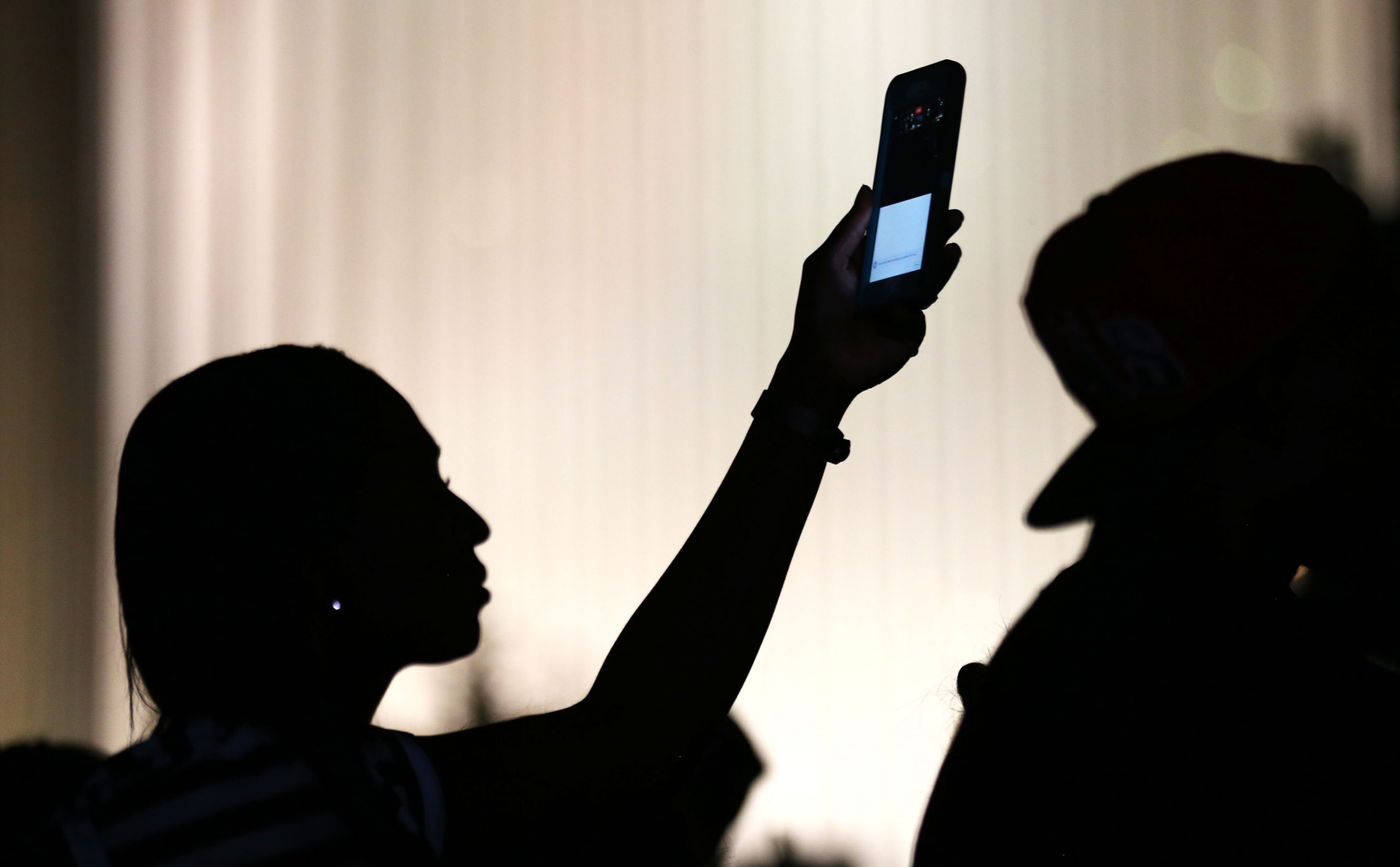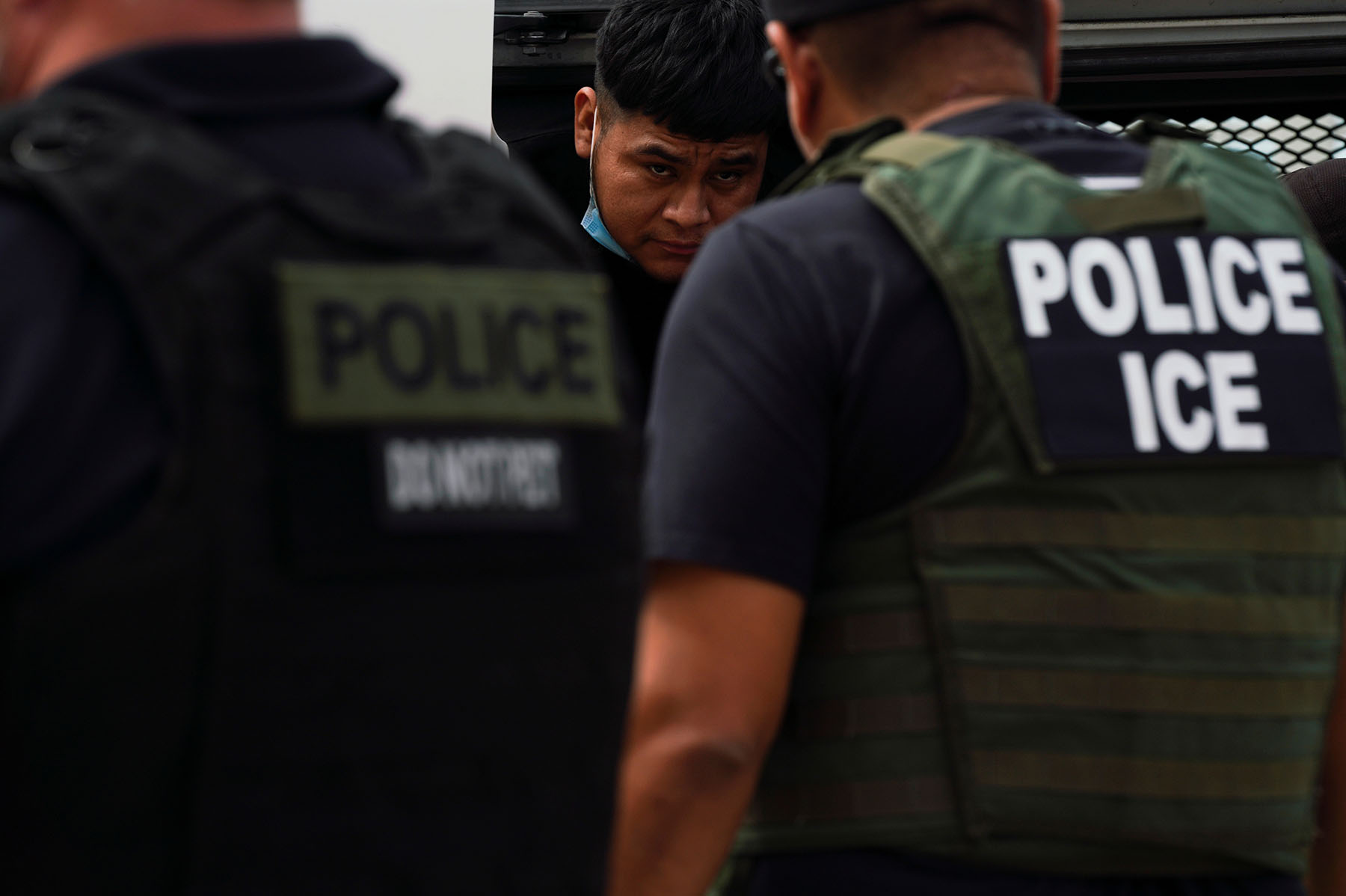Florida Rep. Alex Rizo (R-Hialeah) introduced a bill to the Florida legislature that would make it a second-degree misdemeanor for someone to “disrupt, hinder, impede, or interfere” with law enforcement officers while they are performing official duties.
The proposed law would also make it a second-degree misdemeanor for a person to get within 30 feet of a law enforcement officer carrying out their official duties after being warned to step back.
While the bill does not explicitly mention the act of cellphone recording, words like “interfere” and “harass” give police wide discretion to arrest individuals who they perceive are impeding their activities.
For instance, in 2019, a man in Ohio who was on his front porch while recording police officers serving a search warrant on his neighbor was arrested for “interfering with an officer’s duties at the scene of an emergency.” The ACLU filed a lawsuit against the police department in January 2021, claiming that they lacked evidence that the man had actually interfered with their operation.
At least four appeals courts have ruled that the First Amendment protects people’s right to record law enforcement pursuing their official duties in public, including the United States Appeals Court for the Eleventh Circuit, which has legal jurisdiction over Florida.
Even if the Rep. Rizo amends the bill to ensure that it does not apply to the act of recording the police, First Amendment experts say the bill’s language is still likely unconstitutional.
First Amendment Watch legal fellow David L. Hudson Jr. said the Florida bill is likely overbroad. He noted the Supreme Court ruling, City of Houston v. Hill (1987), which considered a city ordinance that prohibited people from verbally abusing police officers.
The court found the ordinance unconstitutional, writing “[T]he First Amendment protects a significant amount of verbal criticism and challenge directed at police officers… freedom of individuals verbally to oppose or challenge police action without thereby risking arrest is one of the principal characteristics by which we distinguish a free nation from a police state.”
Tags
